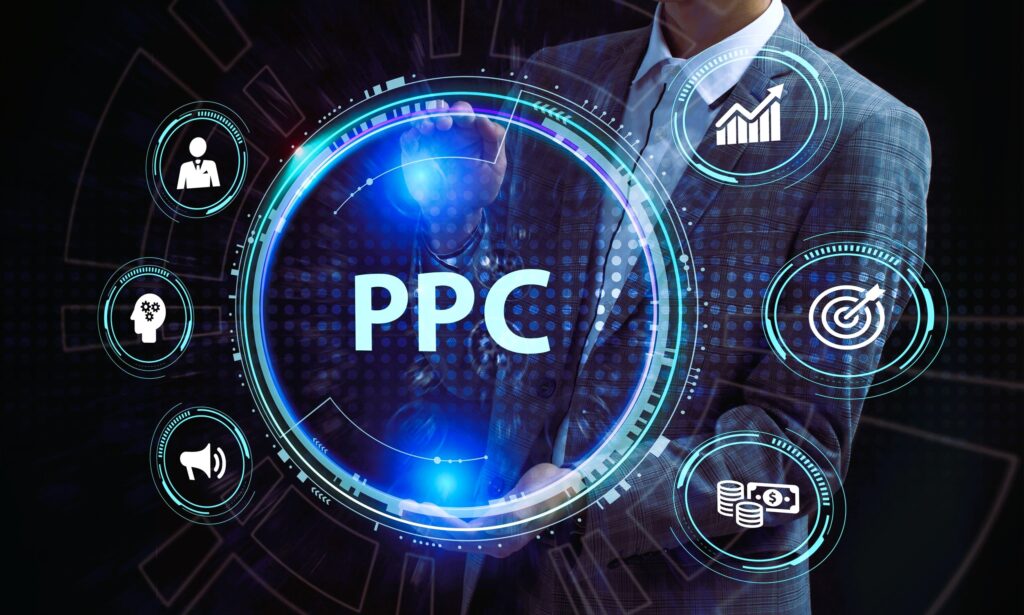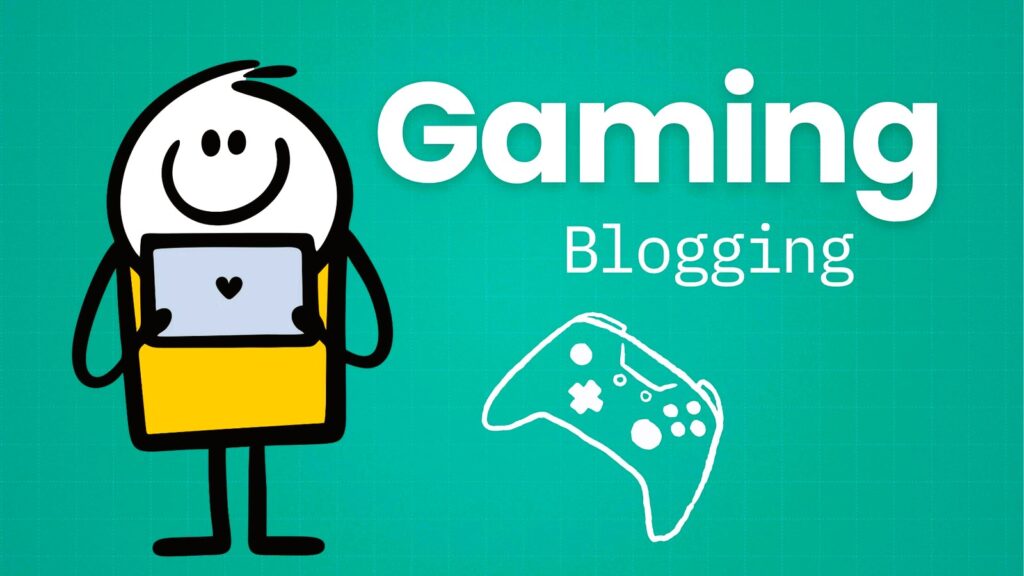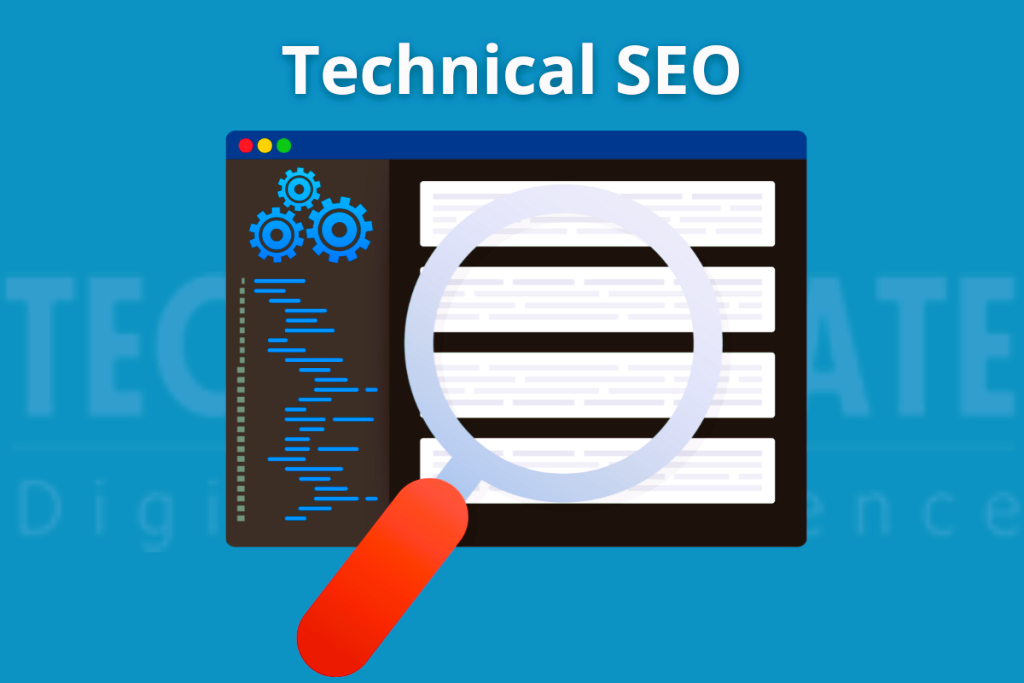Pay-Per-Click (PPC) advertising is a powerful tool that gaming companies can use to increase visibility, attract new players, and drive traffic to their games. By strategically targeting specific audiences, selecting the right keywords, and creating engaging ads, developers can see a substantial return on investment (ROI). Here’s a detailed guide on how gaming companies can make the most of PPC advertising.
1. What is PPC Advertising?
PPC advertising is a model where advertisers pay a fee each time their ad is clicked. Unlike traditional advertising, PPC ensures that companies only pay for actual engagement. This makes PPC a cost-effective strategy for gaming companies aiming to reach a wide audience. PPC can be used on several platforms, including Google Ads, Facebook, Instagram, and even YouTube, which are all valuable spaces for gaming companies to showcase their games.
2. Choosing the Right Keywords
Choosing the correct keywords is the foundation of a successful PPC campaign. For gaming companies, selecting a combination of broad and specific keywords is essential. Broad keywords, such as “best online games” or “action-packed games,” attract a larger audience. Meanwhile, more specific long-tail keywords like “multiplayer RPG games for PC” or “real-time strategy games for Android” allow companies to target niche markets. Tools like Google Keyword Planner and Ubersuggest help identify the most relevant keywords for your game’s genre and target audience.
Tips for Keyword Selection:
- Use a mix of high-volume, competitive keywords and more specific long-tail keywords.
- Research keywords used by competitors to stay ahead of the game.
- Consider the intent behind the keywords—players searching for “action games” might be looking for quick entertainment, while those searching for “RPG games” could be looking for deeper, more immersive experiences.
3. Creating Engaging Ad Copy

The ad copy is crucial because it’s the first impression potential players will have of your game. The key to writing effective ad copy is to focus on the game’s most enticing features. Whether it’s exciting gameplay, innovative graphics, or exclusive in-game rewards, make sure to highlight what sets your game apart. The tone of your ad should also match the game’s personality—fun, serious, adventurous, or casual.
Key Components of Effective Ad Copy:
- Headline: A clear, concise headline that grabs attention, such as “Explore the Ultimate RPG Adventure!”
- Description: Briefly describe the game’s core features. Include details about graphics, gameplay, and any exclusive offers.
- Call to Action (CTA): Encourage users to take action immediately with phrases like “Download Now,” “Join the Battle,” or “Play Today.”
4. Optimizing Landing Pages
Once users click on the ad, they land on a dedicated page that should align with the ad’s message. A high-converting landing page is essential for converting clicks into players. The page should be user-friendly, visually appealing, and informative. Make sure that it highlights the best aspects of the game, includes a clear call to action, and minimizes distractions. Read more about how conversion rate optimization helps gaming platforms retain players here.
Landing Page Best Practices:
- Consistency: The landing page must match the ad in terms of messaging and design.
- Clear CTA: Offer easy paths to action, like downloading the game or signing up for updates.
- Fast Loading Speed: A slow-loading page can lead to high bounce rates and wasted PPC budget.
- Mobile Optimization: Ensure the page is optimized for mobile, as many players will visit via their smartphones.
5. Targeting the Right Audience
One of the key advantages of PPC advertising is the ability to target specific demographics. Gaming companies can target players based on age, gender, location, gaming interests, and online behaviors. Additionally, platforms like Google Ads and Facebook allow for retargeting ads to reach users who have previously interacted with the brand or visited the website.
Advanced Audience Targeting:
- Behavioral Targeting: Target people who have shown an interest in similar games or gaming platforms.
- Demographic Targeting: Narrow down the audience based on age, gender, or location.
- Device Targeting: Tailor ads based on the type of device a player uses (PC, mobile, tablet).
- Interest Targeting: Reach out to people interested in specific game genres like RPG, FPS, or strategy games.
6. Using Retargeting Strategies

Retargeting is an effective strategy that allows gaming companies to show ads to users who have previously engaged with their website, app, or game. It helps remind users about the game they were interested in and encourages them to return and complete the desired action, such as downloading the game or signing up.
Retargeting Tips:
- Frequency Capping: Avoid bombarding users with too many ads. Set a frequency cap to ensure ads are shown to users at optimal intervals.
- Dynamic Ads: Use dynamic retargeting ads that display personalized content based on the user’s previous interactions.
- Special Offers: Include limited-time offers or in-game bonuses to encourage players to take action.
7. Monitoring and Optimizing Campaigns
Once your PPC campaign is live, it’s essential to continuously monitor its performance and make adjustments as needed. Use analytics tools to track key metrics like Click-Through Rate (CTR), Cost per Click (CPC), Conversion Rate (CR), and Return on Investment (ROI). Regularly analyze these metrics to understand which ads are performing well and which need refinement.
Key Metrics to Track:
- CTR (Click-Through Rate): Measures how often people click on your ad after seeing it.
- CPC (Cost per Click): The amount you pay for each click on your ad.
- CR (Conversion Rate): The percentage of clicks that turn into actual players or sign-ups.
- ROI (Return on Investment): Measures the overall profitability of your PPC campaign.
PPC advertising is a dynamic and effective way for gaming companies to attract new players and expand their user base. By targeting the right keywords, crafting engaging ad copy, optimizing landing pages, and utilizing retargeting strategies, gaming companies can drive traffic and convert clicks into loyal players. Remember, continuous monitoring and optimization are key to long-term success in PPC campaigns.
For more information on PPC advertising, visit the Wikipedia page on PPC.






